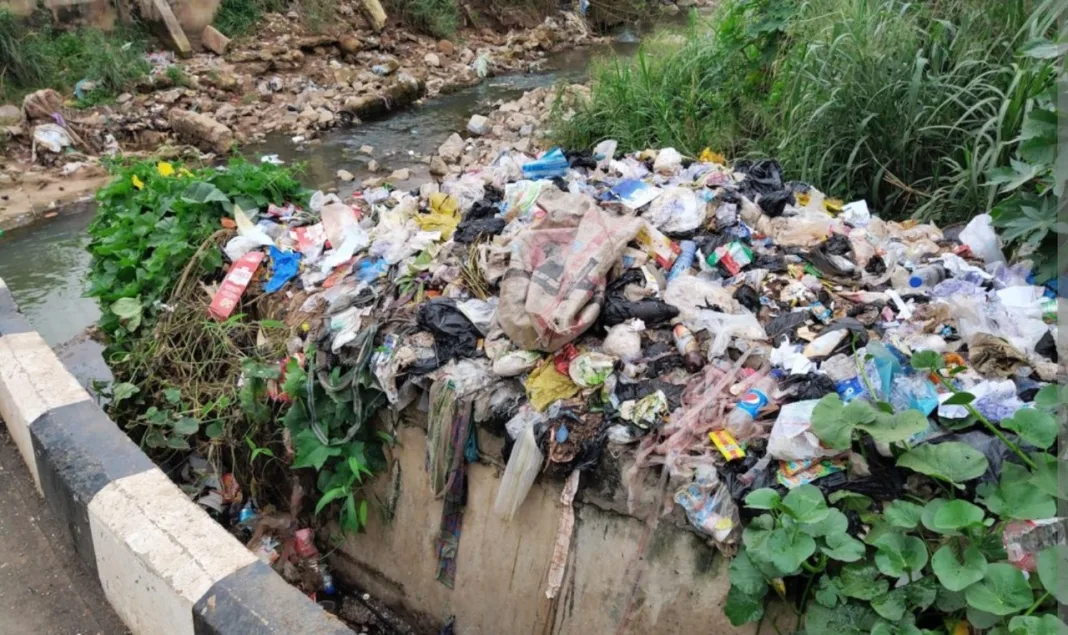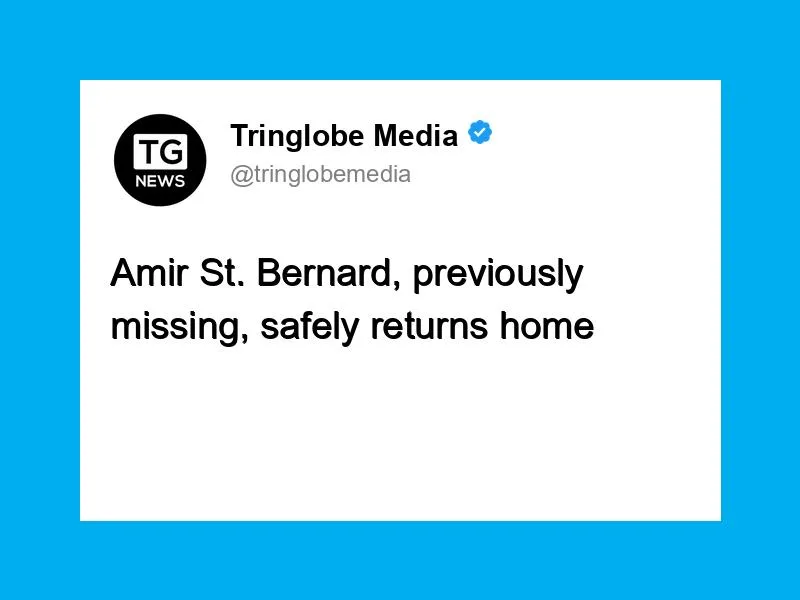This report covers trinidad tobago battles improper with key details and context.
Improper garbage disposal continues to be one of the biggest environmental issues across Trinidad and Tobago. From illegal dumping along backroads like the Caroni Savannah Link and Pierre Road connector, to discarded appliances and furniture left by the roadside, improper waste habits not only damage the environment but also pose health and flooding risks.
Understanding Bulk Waste
Bulk waste refers to large items that cannot be placed in regular garbage bins. This includes:
Old furniture (beds, sofas, cabinets)
Household appliances (fridges, stoves, washing machines)
Tree cuttings, branches, and construction debris
Large cardboard boxes or packing material
These items must not be dumped in open lots, rivers, or along roadways. Such actions block drains, attract pests, and can lead to serious flooding during the rainy season.
What You Should Do Instead
1. Contact Your Regional Corporation:
Each corporation — such as the Tunapuna/Piarco, Couva/Tabaquite/Talparo, or San Fernando City Corporation — schedules bulk waste collection days or can arrange pickups upon request. Residents are encouraged to call ahead or visit the corporation’s Facebook pages for collection schedules.
2. Use the Solid Waste Management Company Limited (SWMCOL) Services:
SWMCOL provides waste collection and recycling options. They often collaborate with corporations and private entities to manage bulky waste removal. Contact them via swmcol.co.tt or their hotline to schedule pickups for large loads.
3. Separate Recyclables:
If your waste includes plastics, cardboard, or metals, separate them before disposal. SWMCOL’s iCARE programme accepts recyclables at designated drop-off points across the country.
4. Hire Authorized Waste Haulers:
For construction or renovation projects, hire licensed haulers who can legally transport and dispose of bulk material at approved landfill sites such as Beetham, Guanapo, or Forres Park.
5. Community Clean-Ups:
Many communities organize clean-up drives in collaboration with local government offices. Participating not only helps keep your area clean but also builds civic responsibility.
Penalties for Illegal Dumping
Under the Litter Act, anyone caught dumping garbage illegally can face fines up to TT$4,000 and imprisonment for repeat offences. Vehicles used for dumping can also be seized by authorities. Surveillance cameras are now being installed in known dumping hotspots, and several arrests have already been made this year.
Why Proper Disposal Matters
Illegal dumping affects everyone. It clogs waterways, contributes to flooding, breeds mosquitoes and rats, and ruins the natural beauty of our surroundings. Proper garbage management protects the environment, supports tourism, and promotes public health and safety.
Final Note
Let’s all do our part to keep Trinidad and Tobago clean. If you spot illegal dumping, report it to your regional corporation or the Environmental Management Authority (EMA) hotline at 800-4EMA (4362).
Small actions by many people can make a big difference — a cleaner community begins with responsible disposal.
trinidad tobago battles improper: key developments so far.


